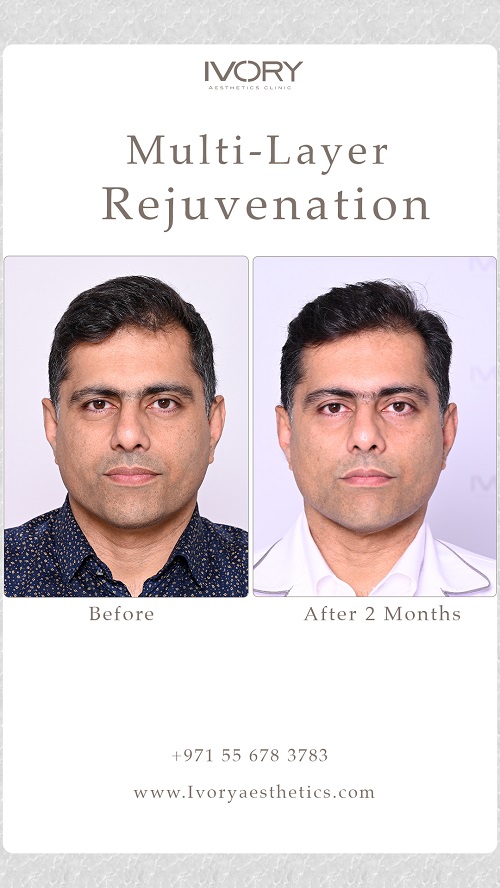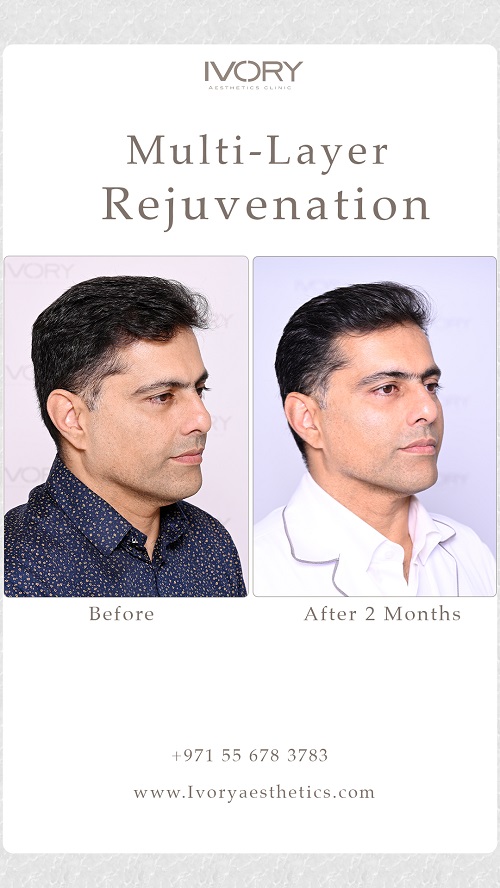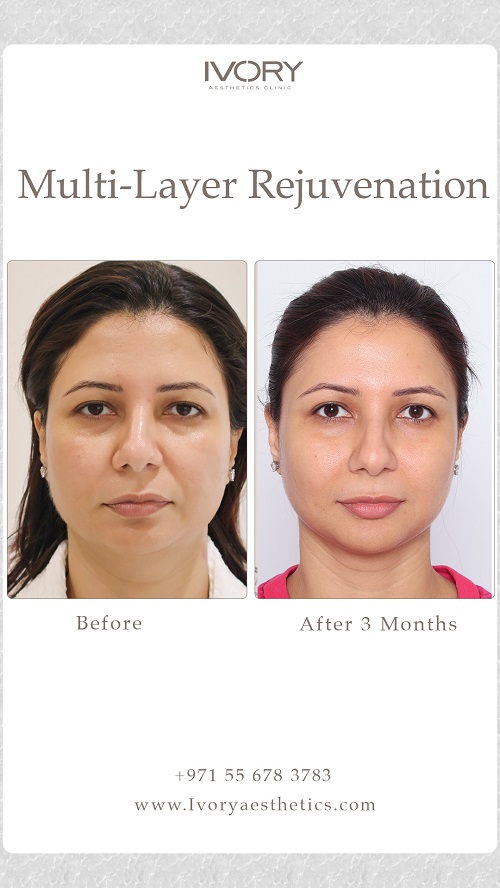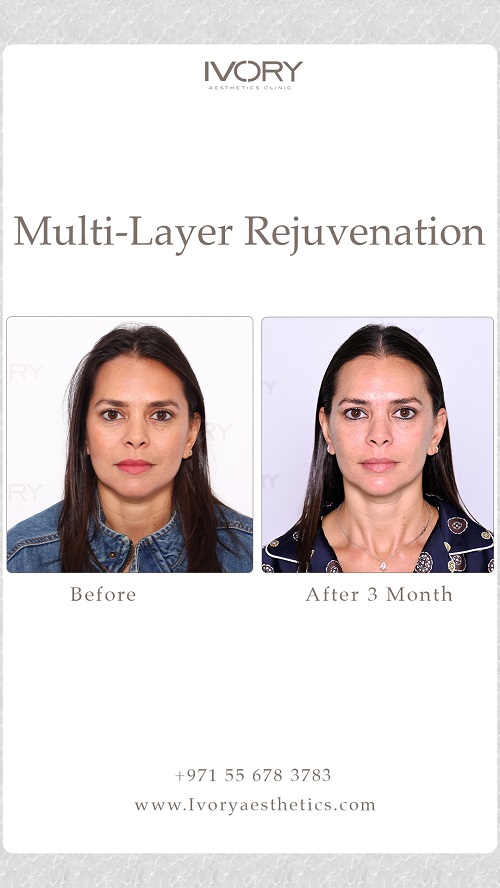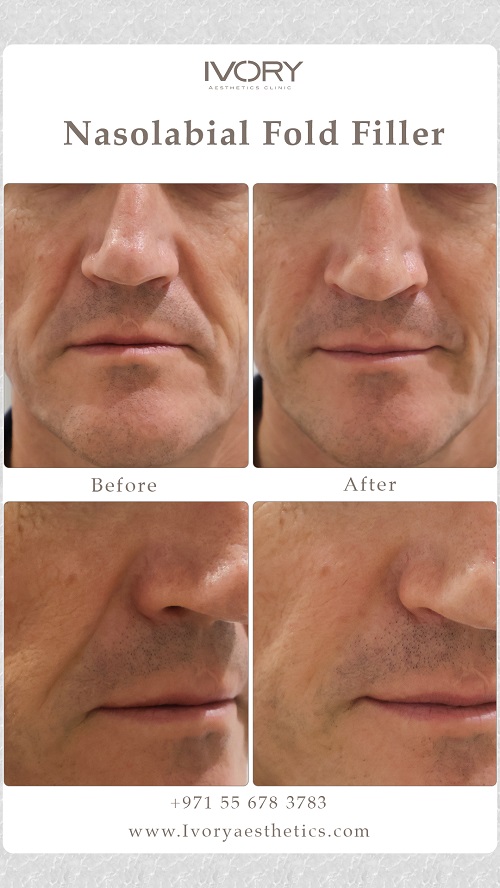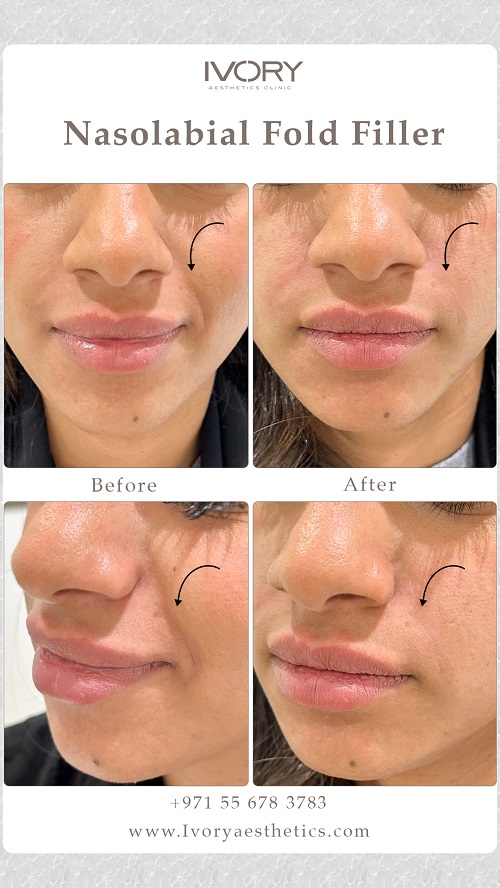Skin pigmentation refers to the coloring of your skin, which is primarily determined by a pigment called melanin. This natural pigment influences the color of your skin, hair, and eyes. Individuals with darker skin types generally have higher melanin levels than those with lighter skin. However, various factors can disrupt this balance, leading to conditions like hyperpigmentation (dark patches) and hypopigmentation (lighter patches). These imbalances can result in uneven skin tone, blotches, and overall dissatisfaction with one’s complexion.
What Causes Skin Pigmentation Issues?
Pigmentation problems can arise due to several factors, and their visibility may increase with age if left untreated. Here are some common causes of hyperpigmentation:
- Sun Exposure: Overexposure to UV rays can trigger excess melanin production, leading to dark spots and uneven skin tone.
- Genetics: Family history can play a significant role in your skin’s pigmentation patterns.
- Hormonal Changes: Fluctuations in hormones, particularly during pregnancy or due to birth control, can result in conditions like melasma.
- Skin Trauma: Injuries, acne, or even cosmetic procedures can lead to post-inflammatory hyperpigmentation.
Effective Treatments for Pigmentation
If you’re struggling with pigmentation issues, Ivory Aesthetics Clinic offers a range of effective treatment options tailored to your unique needs.
1. CO2RE Laser Treatment
The CO2RE laser treatment at Ivory Aesthetics Clinic targets both superficial and deeper skin layers to achieve a smoother and more even complexion. This innovative technology rejuvenates and resurfaces the skin effectively. Patients can expect improvements in skin texture, tone, and overall appearance after just one session. Additionally, the treatment stimulates collagen production, ensuring long-lasting results.
2. Chemical Peels
Chemical peels utilize naturally occurring acids to exfoliate the skin deeply, promoting new cell growth and collagen production. At Ivory Aesthetics Clinic, we offer various chemical peels that can effectively remove dead skin cells, revealing fresher, brighter skin beneath. This treatment is ideal for those looking to address pigmentation while enhancing overall skin texture.
3. Topical Treatments and Lightening Creams
Over-the-counter (OTC) lightening creams containing ingredients like niacinamide and licorice extract can help reduce the appearance of pigmentation. These products are applied regularly to target specific areas of discoloration and can be effective for conditions such as melasma and age spots.
4. Microdermabrasion and Dermabrasion
Microdermabrasion is a minimally invasive treatment that gently exfoliates the outer layer of the skin, making it an excellent option for treating superficial hyperpigmentation. In contrast, dermabrasion penetrates deeper, addressing more severe pigmentation issues and improving overall skin texture. Both procedures promote new skin cell growth for a brighter complexion.
5. Intense Pulsed Light Therapy (IPL)
IPL therapy, also known as photofacials, targets pigmentation using bursts of light. This treatment is effective for reducing dark spots and improving skin tone, particularly for individuals with fair skin. Multiple sessions are often required to achieve desired results.
6. Retinoids
Retinoids, derived from vitamin A, are powerful agents for treating hyperpigmentation. They promote cell turnover and can help lighten dark patches over time. Available in both OTC and prescription formulas, retinoids are suitable for various skin types, but consultation with a dermatologist at Ivory Aesthetics Clinic is advised to determine the best approach for your specific needs.
Frequently Asked Questions
What are the differences between freckles and age spots?
Freckles are small, flat spots caused by sun exposure and genetic factors, commonly appearing in youth. Age spots, or lentigines, are larger, darker patches that often appear with age and can occur on sun-exposed areas.
How can I prevent skin pigmentation problems?
Preventive measures include regular use of sunscreen with at least SPF 30, avoiding excessive sun exposure, and maintaining a good skincare routine. Protective clothing can also help shield your skin from harmful UV rays.
Are there medical treatments available for pigmentation disorders?
Yes, professional treatments such as laser therapy, chemical peels, and microdermabrasion at Ivory Aesthetics Clinic can significantly improve pigmentation disorders. Consulting with a dermatologist will help identify the best treatment plan tailored to your needs.
